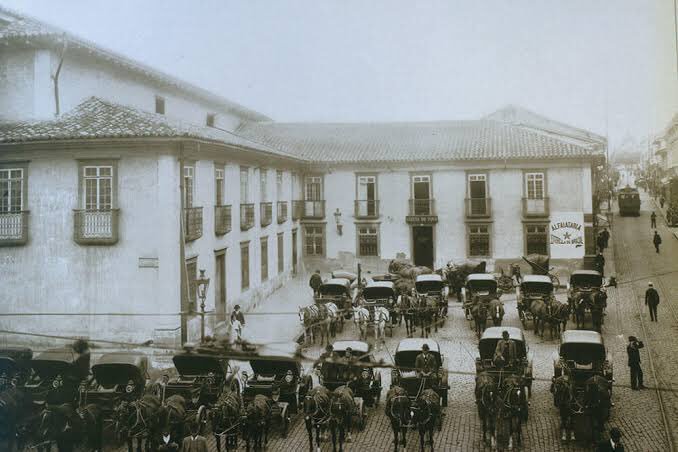let's examine a particular magic trick: the way of memory.
then @peregrimmer is going to show how to make disappeared info reappear: "as if by magic." #lawOfFunny #ScipionicTroll#peirce
— the squad (6'3") (@RafasItchyButt) December 13, 2020
More from For later read
Daily Bookmarks to GAVNet 02/12/2021
Quantum causal loops
https://t.co/emX8OxKPl0
#loops #quantum
Large-scale commodity farming accelerating climate change in the Amazon
https://t.co/v3gA7OTP9E
#ClimateChange #forest #farm
Collapsed glaciers increase Third Pole uncertainties: Downstream lakes may merge within a decade
https://t.co/huAma56KeB
#glacier #lakes #ClimateChange
From trash to treasure: Silicon waste finds new use in Li-ion batteries
https://t.co/TkxKFDQMC6
#batteries #treasure #silicon #trash
Quantum causal loops
https://t.co/emX8OxKPl0
#loops #quantum
Large-scale commodity farming accelerating climate change in the Amazon
https://t.co/v3gA7OTP9E
#ClimateChange #forest #farm
Collapsed glaciers increase Third Pole uncertainties: Downstream lakes may merge within a decade
https://t.co/huAma56KeB
#glacier #lakes #ClimateChange
From trash to treasure: Silicon waste finds new use in Li-ion batteries
https://t.co/TkxKFDQMC6
#batteries #treasure #silicon #trash
















